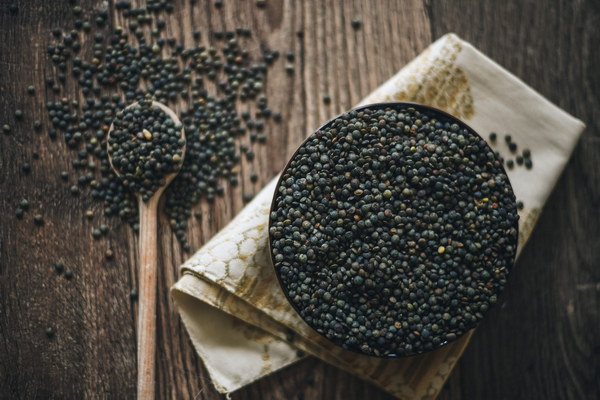Enhancing Vitality A Guide to Nurturing Yang Deficiency in Traditional Chinese Medicine
In Traditional Chinese Medicine (TCM), the concept of Yang Deficiency refers to a condition where the body's Yang energy, which is responsible for warmth, activity, and vitality, is insufficient. This can manifest in various symptoms such as fatigue, cold hands and feet, weakness, and a tendency to catch colds. To counteract these symptoms, it's important to adopt a holistic approach to health that includes diet, lifestyle changes, and herbal remedies. Here's a comprehensive guide to nurturing Yang Deficiency in TCM.
1. Diet and Nutrition
Adequate nutrition is essential for replenishing Yang energy. The following dietary suggestions can help balance your body's Yin and Yang:
- Consume warm, cooked foods: These help to warm the body and increase Yang energy. Avoid cold, raw, or refrigerated foods, as they can further drain your Yang.
- Incorporate Yang-boosting foods: TCM considers certain foods to be Yang-boosting and beneficial for those with Yang Deficiency. These include:
- Nuts and seeds: Almonds, walnuts, and sesame seeds are all great sources of protein and essential fatty acids.
- Animal products: Beef, chicken, lamb, and fish are rich in nutrients that can help to warm the body and boost energy.
- Spices: Cinnamon, ginger, and black pepper are known for their warming properties and can be added to various dishes.
- Avoid Yin-boosting foods: Foods that are considered Yin in TCM, such as cold beverages, ice cream, and raw fruits and vegetables, can exacerbate Yang Deficiency. Minimize these foods in your diet.
2. Lifestyle Changes
Incorporating certain lifestyle changes can also help to address Yang Deficiency:
- Regular exercise: Engage in moderate, consistent exercise that warms the body, such as walking, tai chi, or yoga. Avoid overexertion, which can drain your energy.

- Adequate sleep: Ensure you're getting enough restful sleep each night to allow your body to replenish and rejuvenate.
- Manage stress: Stress can deplete your body's Yang energy. Practice stress-reduction techniques such as meditation, deep breathing, or spending time in nature.
- Avoid cold exposure: Protect yourself from cold weather by dressing warmly, using gloves and scarves, and avoiding prolonged exposure to cold environments.
3. Herbs and Supplements
TCM offers a variety of herbs and supplements that can help to balance and replenish Yang energy. Some commonly used remedies include:
- Ginseng: Known for its energy-boosting properties, ginseng can help to strengthen the immune system and improve overall vitality.
- Astragalus: This herb is used to boost the immune system and increase energy levels in TCM.
- Cinnamon: As a spice, cinnamon can help to warm the body and increase blood circulation.
- Ginger: Ginger has been used in TCM for centuries to treat colds, flu, and other conditions associated with Yang Deficiency.
4. Acupuncture and Massage
Acupuncture and massage therapy can also be beneficial for addressing Yang Deficiency. These treatments can help to balance the body's energy and promote healing. In TCM, specific acupuncture points are targeted to stimulate the flow of Yang energy and improve overall health.
In conclusion, nurturing Yang Deficiency in TCM requires a comprehensive approach that includes diet, lifestyle changes, herbal remedies, and other complementary therapies. By taking these steps, you can help to increase your body's Yang energy, improve your overall health, and enjoy a more vibrant, energetic life. Remember to consult with a qualified TCM practitioner or healthcare professional before beginning any new treatment or making significant changes to your lifestyle.









